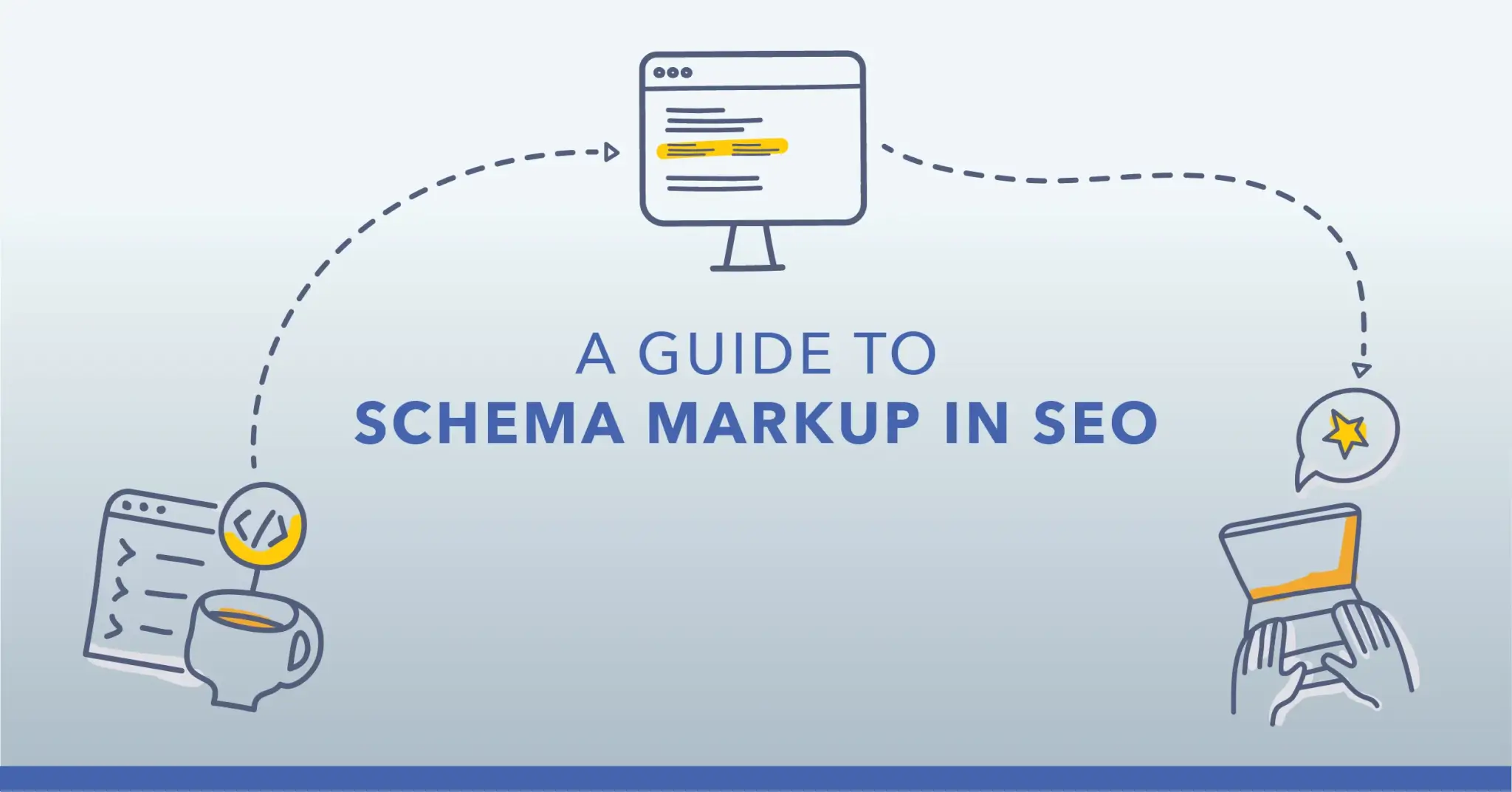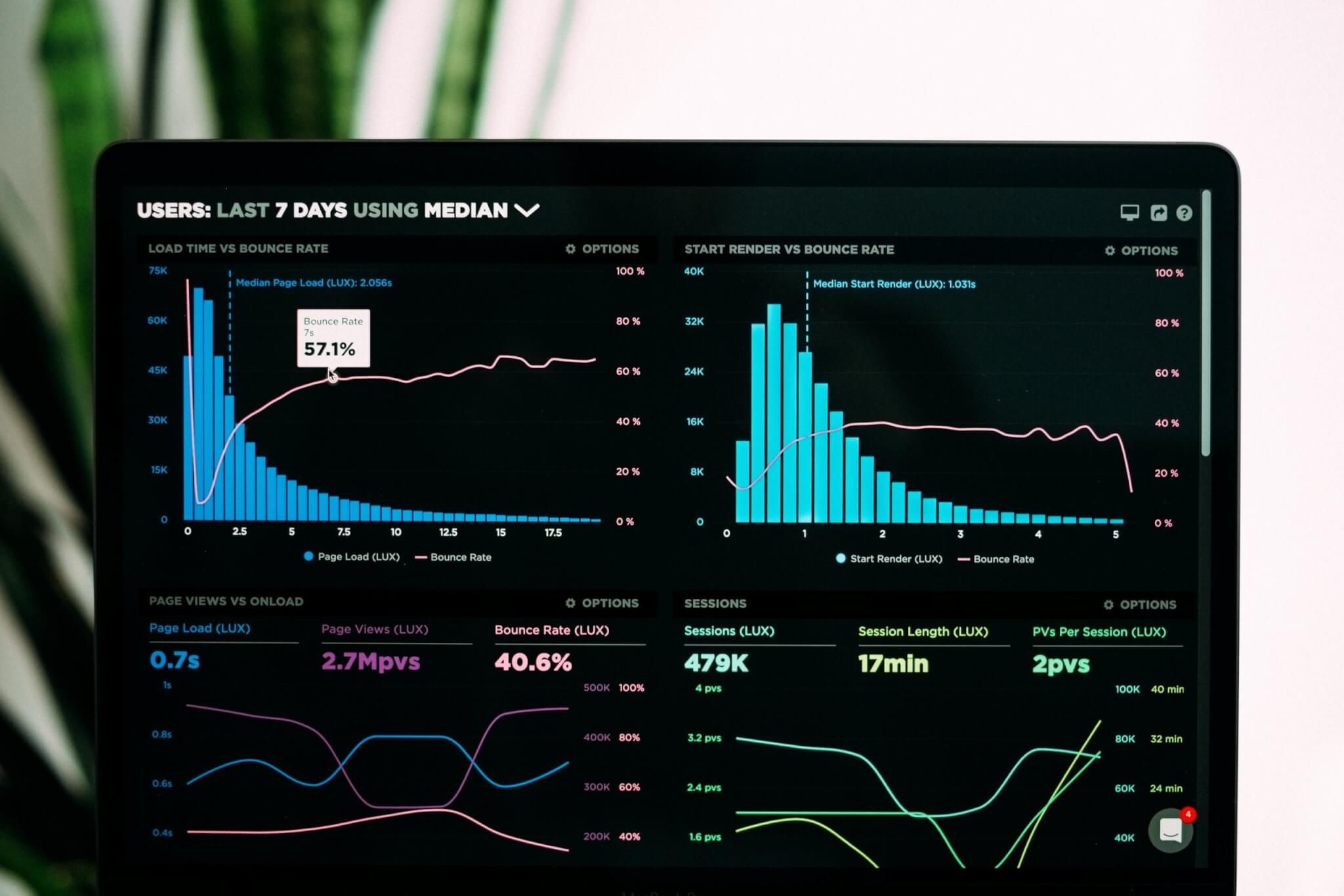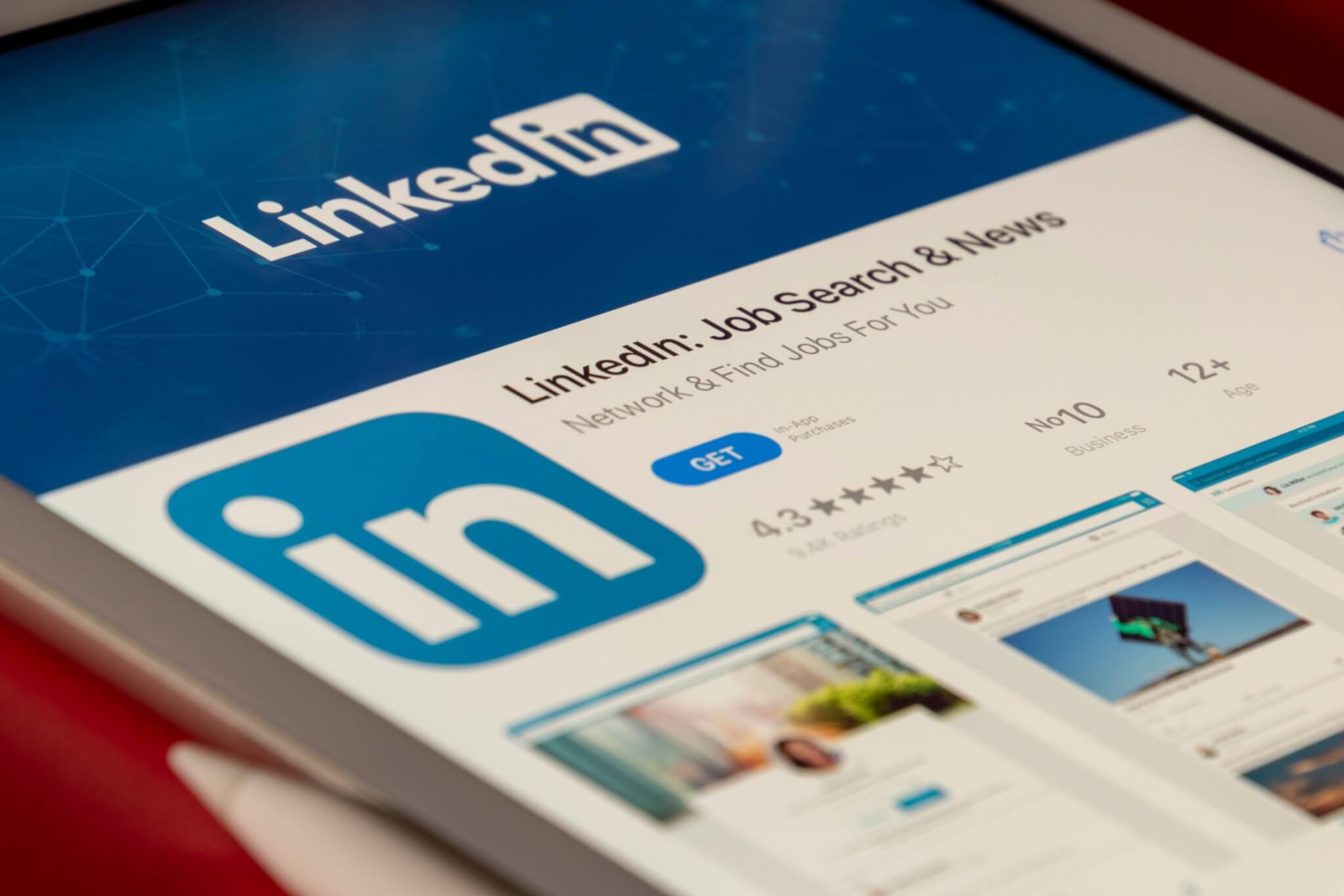Almost every business relies heavily on online platforms to reach and engage with their target audience. As a Digital Marketing professional, you’ll play a pivotal role in helping organisations grow their brand presence, drive traffic, and generate leads or sales through various digital channels.
Digital marketing professionals come from a wide range of academic backgrounds, with no set route to their role as a marketer. The digital marketing sphere can be a great career path to enter into once leaving university, offering career progression, competitive salaries and a varied day-to-day.
Here’s everything you need to know in your journey to becoming a digital marketing professional:
What are employers looking for?
While digital marketing professionals can enter the industry from a number of backgrounds, certain degrees will set you in good stead for developing the foundational skills needed as a digital marketing professional:
- Marketing
- Business Administration
- Communications
- Digital Media
While these degrees will provide a solid base knowledge in marketing principles and business fundamentals, needless to say a strong grasp of written and verbal communication is vital. Any essay-based degree, from English Literature to Psychology will provide you with the language and presentation skills required to thrive in a digital marketing role. As you progress throughout your career, you may be required to attend and participate in a range of client meetings, from face-to-face catch-ups to business pitches. Therefore, having confidence in public speaking is crucial, but is a skill which can be developed over time.
Other skills employers look for might include:
- Analytical skills
- The ability to decipher and spot trends in data is vital as a digital marketer.
- Creativity
- Digital marketing requires you to think outside the box and bring unique ideas to the table.
- ‘Tech’ savviness
- The digital space is ever-evolving, so having your finger on the pulse is a necessary trait.
- Collaboration skills
- As in any other job, you’ll need to be able to work well as a team.
What can I specialise in?
Within digital marketing, there are several areas that professionals can choose to focus on based on their interests, strengths, and career goals. Here are some common specialisations within digital marketing:
- Search Engine Optimisation (SEO):
SEO specialists focus on optimising websites to improve their visibility and rankings on search engine results pages (SERPs). They analyse keywords, conduct site audits, optimise on-page and off-page factors, and stay updated on search engine algorithms to drive organic traffic.
- Paid media Advertising:
Paid media and PPC specialists manage paid advertising campaigns on search engines like Google, Bing, and Yahoo, along with social platforms such as LinkedIn and Facebook. They create and optimise ad campaigns, conduct keyword research, set bid strategies, and analyse campaign performance to maximise ROI and achieve marketing objectives.
- Digital Public Relations (DPR) and Link Building:
Digital PR refers to a specific SEO strategy focused on acquiring backlinks from external websites to your own website. Link building involves activities such as creative data campaigns, guest blogging and creating high-quality content that attracts natural backlinks. Meanwhile, DPR also encompasses more traditional PR elements, like brand engagement and media relations. More detail here.
Do I need work experience?
While work experience can be a great way to build up some prior knowledge and demonstrate your aptitude for the job, it isn’t a dealbreaker.
However, since entry-level digital marketing roles can be extremely competitive, it’s important that you make yourself stand out from the crowd by showing your interest. Here are a few ways you can build up some experience ahead of your first role:
- Personal Projects and Freelancing
Personal projects, like managing your own blog or social media accounts, can provide hands-on experience and demonstrate your skills to potential employers. Freelancing opportunities on platforms like Upwork or Fiverr also allow you to build a portfolio and earn income while developing your digital marketing expertise.
- Self-Study and Certification
Online courses and resources are freely available on platforms like Coursera, Udemy, and HubSpot Academy. Completing certifications in Google Ads, Google Analytics, and HubSpot Inbound Marketing can give you an advantage over less knowledgeable candidates.
- Networking and Industry Involvement
Building relationships with professionals in the field can provide valuable insights, advice, and potential job referrals. An easy way to begin your networking journey is by making a LinkedIn or Twitter profile to connect with industry professionals – most would be happy to share their insights.
What is the average salary of a digital marketing professional in the UK?
The average salary for digital marketing is £31,142 per year in the UK according to data on Reed, though this will vary depending on location and the firm you work for.
Entry level positions start at around £24,000 per year while the most experienced workers make upwards of £47,500 per year.
With that said, digital marketing can be a brilliant industry to forge a career in, with huge scope for progression as you build experience. Combining creativity with an analytical mind, a successful digital marketing professional will have a diverse skillset and a keen outlook.










































